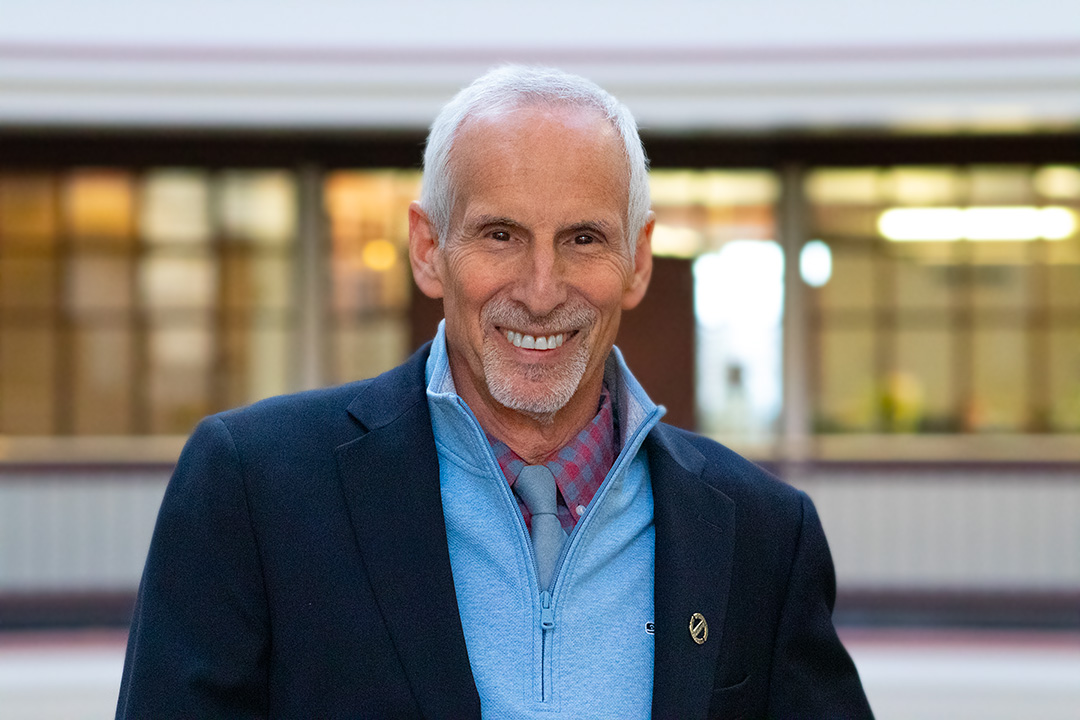Senators Needleman, Looney & Duff: Ratepayer Advocates Should Be On Utility Company Boards Of Directors
HARTFORD – Senate President Martin M. Looney (D-New Haven), Senate Majority Leader Bob Duff (D-Norwalk) and Energy & Technology Committee Senate Chairman Norm Needleman (D-Essex) today proposed that utility companies like Eversource Energy that have a captive consumer base and guaranteed rates of return should have a “ratepayer advocate” on their corporate Board of Directors in order to ensure that utility customers are considered and treated as well as the corporate shareholders and corporate executives that Boards of Directors usually focus on.
The Democratic leaders made their proposal after observing today’s exchange between Eversource Energy CEO Jim Judge and Sen. Needleman, when Sen. Needleman asked Mr. Judge if Eversource has a consumer advocate on its Board of Directors, and Mr. Judge replied that such roles are not traditional on corporate boards of governance. The exchange came during today’s online Energy & Technology Committee hearing to discuss Eversource’s preparation and response to Tropical Storm Isaias, which in early August left nearly three-quarters of a million Connecticut residents without power for up to a week.
Sens. Looney, Duff and Needleman are asking the Public Utilities Regulatory Authority (PURA) to investigate whether for-profit utilities in Connecticut like Eversource can be legislatively required to have such ratepayer advocates on their Board of Directors, or if such an position would have to be voluntarily appointed by a corporate board.
“Eversource is not just any corporation, like Walmart or Coca Cola – it’s a public utility that is very closely regulated and which acts as an electricity monopoly in Connecticut. As such, I believe it’s in Eversource’s best corporate interests to have someone on its Board of Directors who is focused on issues affecting people on the ground,” Sen. Needleman said. “It can’t be all about profits. Yes there is a corporate responsibility to shareholders and executive compensation, but there’s a public component underlying everything that they do that is crying out for attention. The U.S. Business Roundtable’s CEOs recently updated their statement of corporate purpose to include benefits for customers, suppliers, and the communities that they serve – not just to employees and shareholders. Times are changing, corporate mentalities are changing, and Eversource has the opportunity to be a leader in this regard and not a follower.”
“Eversource Energy is not a traditional corporation in that it does not operate in a free market with unknown profits, but in a highly regulated utility market with little to no outside competition, a guaranteed annual rate of return, and a captive consumer base of 1.5 million electricity and natural gas customers in Connecticut. In effect, Eversource operates as a power monopoly in Connecticut,” Sen. Looney said. “Like most corporate boards, the Eversource Board of Directors focuses on corporate executive salaries and bonuses and ensuring handsome annual returns for stockholders. But these bonuses and dividends are derived from the ratepayers, who have no voice in how this money is spent or what part of it is even spent on their needs. That has to change, and if Eversource cannot be legislatively mandated to make that change, it should willingly do so in recognition of its unique status.”
“Eversource is a public corporation with a fiduciary responsibility to its shareholders, but it is also a public utility that has a responsibility to its ratepayers,” Sen. Duff said. “There should be a voice on any Board of Directors for ratepayers, and not just for shareholders and the corporate bottom line. Having a ratepayer advocate on Eversource’s Board of Directors would be a step – one step – in the right direction.”
Share this page:
